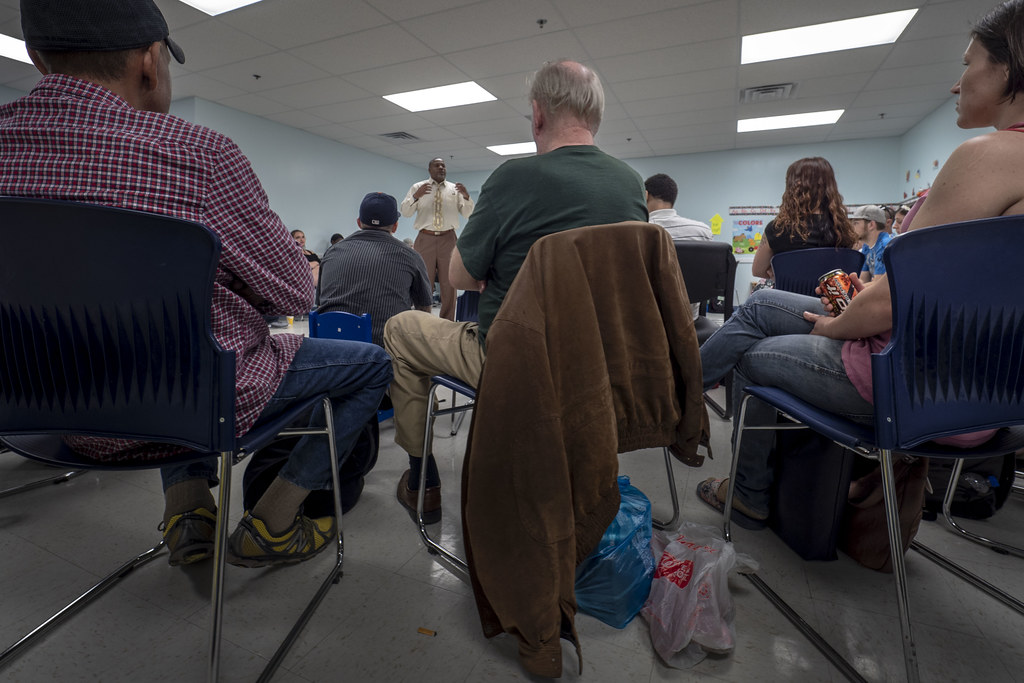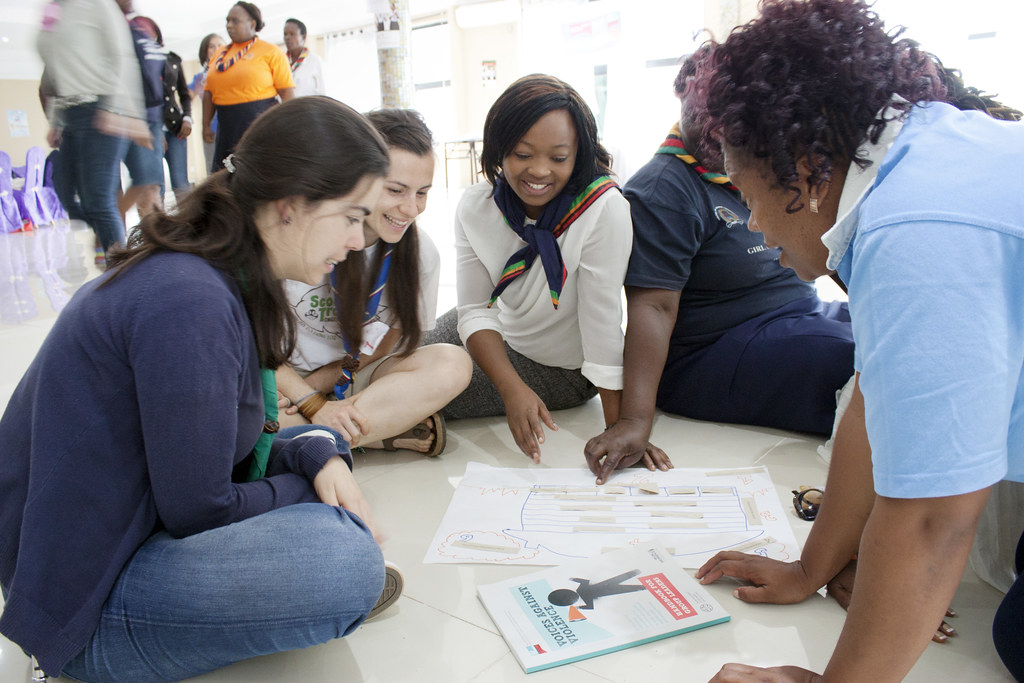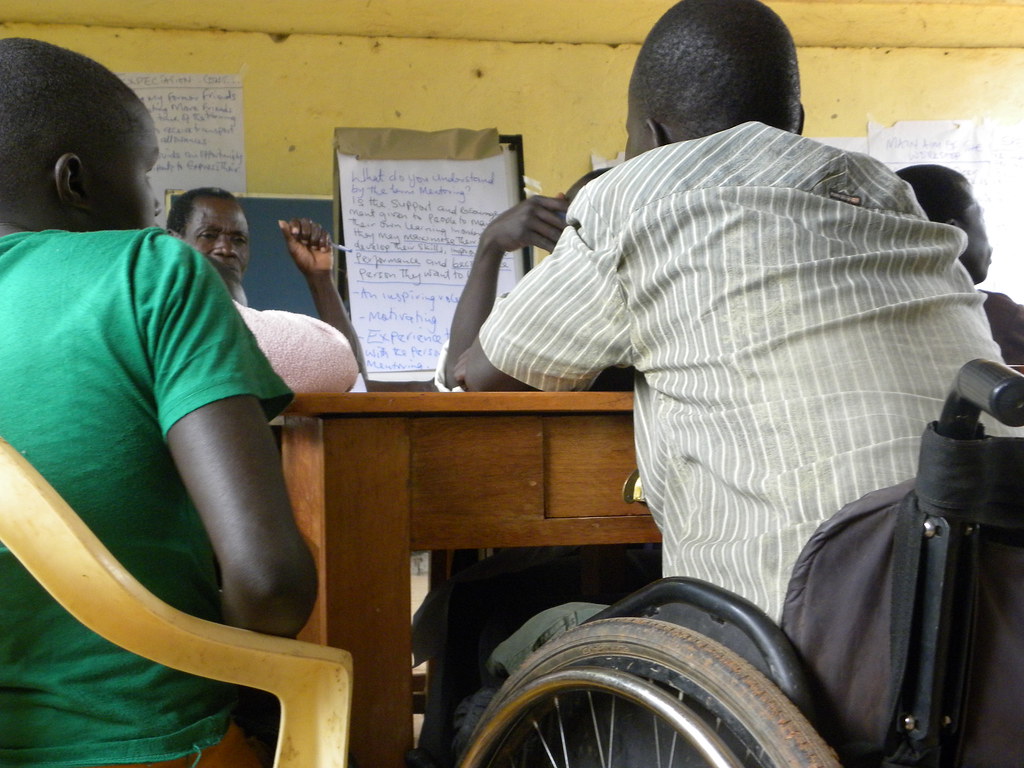In the journey of recovery from addiction, understanding the intertwined roles of trauma, addiction, and the invaluable support of peers is pivotal. Our focus today centers on why specialized recovery advocacy, including roles like a certified peer recovery advocate or engaging with a trauma recovery center advocate, becomes a linchpin in the healing process.
Discover the multifaceted approach that incorporates advocacy, understanding trauma, and peer support to pave the way for a transformative recovery journey.
The Role of a Certified Peer Recovery Advocate in Healing
Embarking on the road to recovery can often feel like a solitary trek.
However, the presence of a certified peer recovery advocate illuminates this journey, making it less daunting. These advocates, equipped with their own experiences of overcoming addiction, stand as living proof that recovery is achievable.

Their role transcends basic support; they actively engage with individuals, offering a blend of empathy, practical advice, and moral support. They're trained specifically to recognize the nuances of addiction recovery, ensuring their approach is both relatable and effective.
In addition to emotional support, they guide individuals towards vital resources, including therapy sessions, support groups, and educational materials, crafting a personalized recovery road map. This unique blend of personal insight and professional training allows them to bridge the gap between clinical treatment and real-world challenges, ensuring that individuals don’t just navigate the recovery process but thrive throughout it.
Navigating Through Trauma with a Trauma Recovery Center Advocate
Deep-seated trauma is often the root cause behind many addiction issues, making it crucial for recovery to address these underlying pains.
A trauma recovery center advocate plays a pivotal role in this delicate navigation. These advocates specialize in understanding the complex interplay between trauma and addiction, providing a compassionate and knowledgeable guiding hand. By doing so, they ensure individuals receive tailored support that goes beyond conventional addiction treatment.
This includes facilitating access to trauma-informed therapies, support groups specifically designed for trauma survivors, and educational resources to help understand one's reactions and emotions. Moreover, they work closely with professionals to ensure that every aspect of the recovery plan is sensitive to the trauma experienced, fostering a safe environment for healing. Their advocacy empowers individuals, giving them the courage to face and work through their trauma, which is a critical step towards lasting recovery.
Advocate Bromenn Addiction Recovery: A Model of Integrated Support
The Advocate Bromenn addiction recovery framework is exemplary of how integrated support can revolutionize the recovery process.

By combining clinical excellence with an empowering advocacy model, it creates a holistic recovery environment. Within this framework, individuals battling addiction are not seen just as patients but as partners in their journey towards healing.
This model prioritizes a personalized approach, wherein the treatment plan encompasses both medical and psychological needs, alongside a strong emphasis on community building and peer support.
Here, specialized recovery advocacy becomes a cornerstone, ensuring that every individual has access to a network of support, including certified peer recovery advocates and trauma recovery center advocates. This integrated approach ensures that those on their path to recovery are met with a multifaceted support system, which addresses the physical, emotional, and social aspects of addiction, making recovery a more attainable and sustainable goal.
Empowering Recovery through Peer Advocacy
The impact of peer recovery advocacy on the healing process is monumental.
Being part of a community where experiences of bravely facing addiction are shared brings a powerful sense of belonging and encouragement. Peer recovery advocates, harnessing their personal journeys of overcoming substance abuse, stand as beacons of hope and resilience. They offer a unique perspective that resonates deeply with individuals in recovery, facilitating an environment where open, heartfelt exchanges become the bedrock of healing.
This advocacy underscores the importance of mutual support, where learning from one another’s challenges and triumphs enriches the recovery experience. Moreover, these advocates inspire a sense of accountability and dedication towards one’s recovery goals, reinforcing the idea that while the journey may be challenging, it is profoundly rewarding. Their presence demystifies the recovery process, making it appear less intimidating and more achievable, thus empowering individuals to take active steps towards reclaiming their lives.
Understanding the Interconnection: Trauma, Addiction, and Recovery
The intersectionality of trauma, addiction, and recovery presents a complicated but revealing picture of the healing journey.

It's essential to grasp that addiction often serves as a coping mechanism for unresolved trauma, creating a vicious cycle that can be challenging to break without the right support.
Understanding this interconnection highlights the importance of adopting a holistic approach to treatment, which goes beyond just addressing the physical aspect of addiction. It involves delving into the emotional scars to provide healing that is comprehensive and enduring.
This knowledge underscores the necessity for specialized programs and advocates, such as those at trauma recovery centers, who are adept at navigating these intricacies. Education on this interplay is also vital for removing the stigma around addiction, fostering a more compassionate and supportive community environment. By appreciating and addressing the interconnectedness of trauma and addiction, the journey to recovery becomes more enlightened, paving the way for more effective and empathetic healing strategies.
Building a Community with Specialized Recovery Advocacy
Specialized recovery advocacy is instrumental in building a supportive and understanding community for individuals navigating the complexities of addiction and recovery.
This advocacy goes beyond personal support, creating a network that fosters collaboration, shared experiences, and collective healing. It advocates for environments where individuals feel safe to share their stories, challenges, and triumphs without fear of judgment. Moreover, it champions for resources and programs tailored to the unique needs of those in recovery, ensuring access to comprehensive care and support.
Such communities underscore the value of inclusivity and diversity in the healing process, recognizing the varied paths to recovery and the importance of personalized approaches. Through specialized advocacy, a foundation is laid that not only supports individual recovery journeys but also contributes to dismantling the stigmas associated with addiction. Building this community empowers all involved, creating a ripple effect of hope, healing, and transformation that extends beyond the individuals to the wider society.